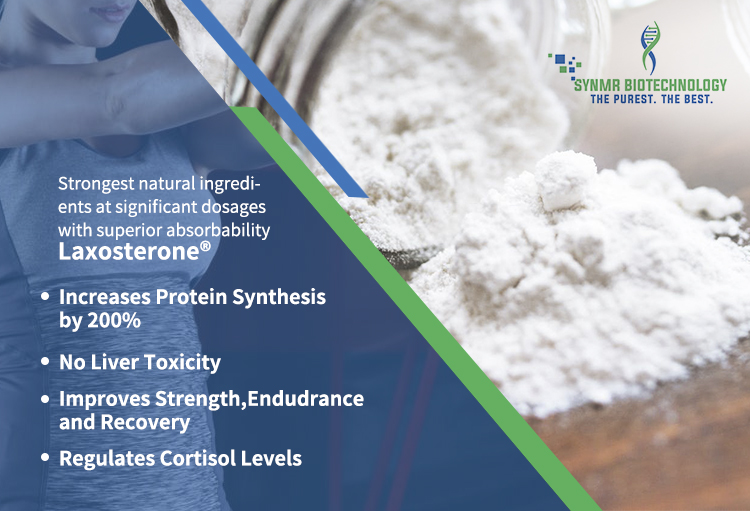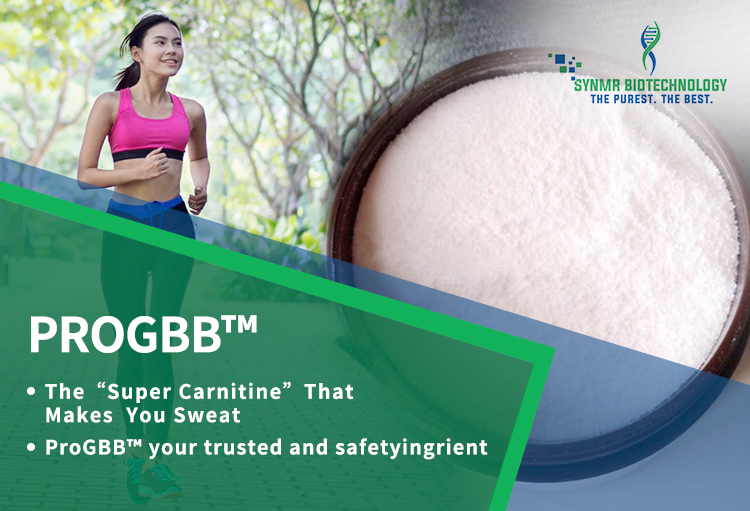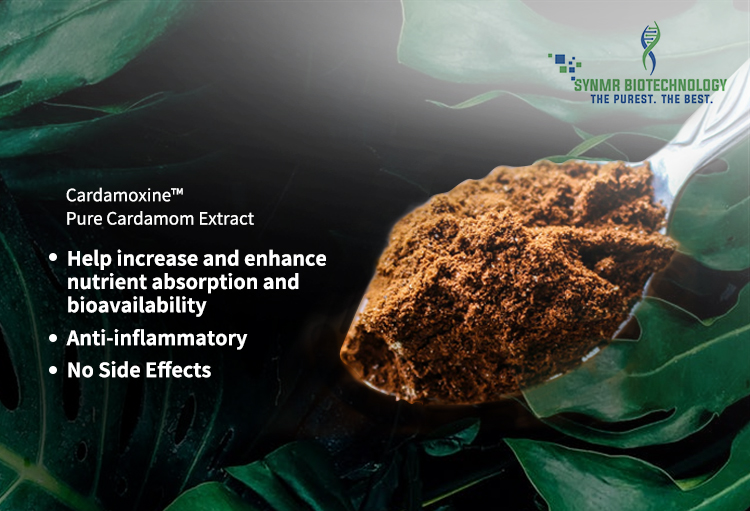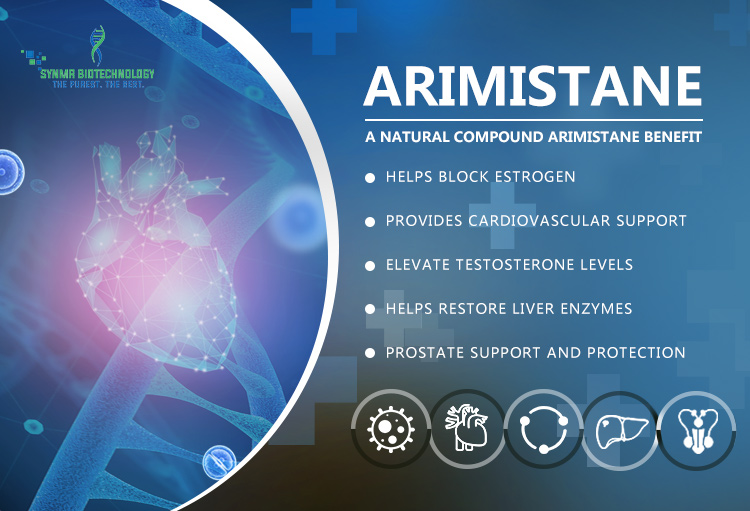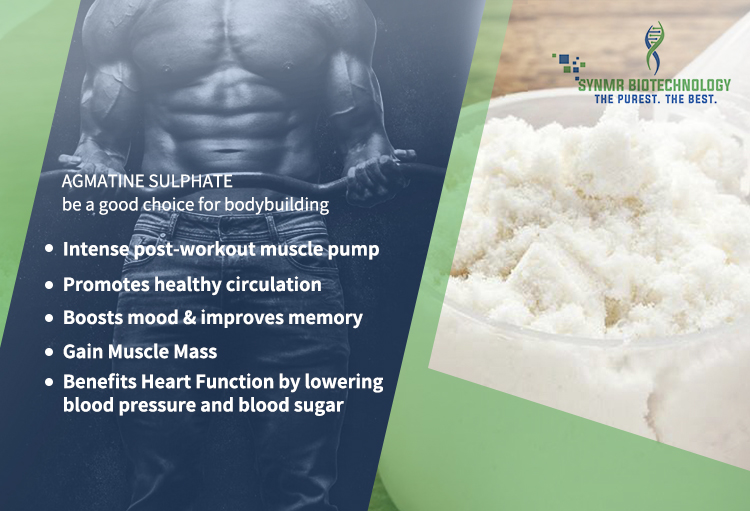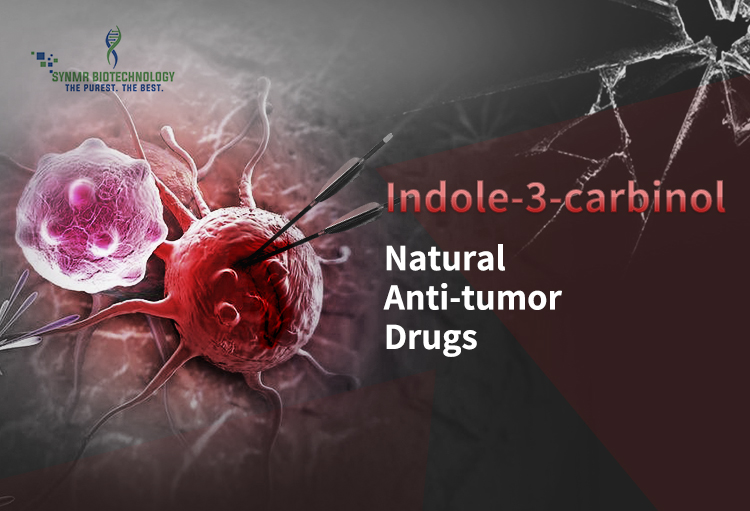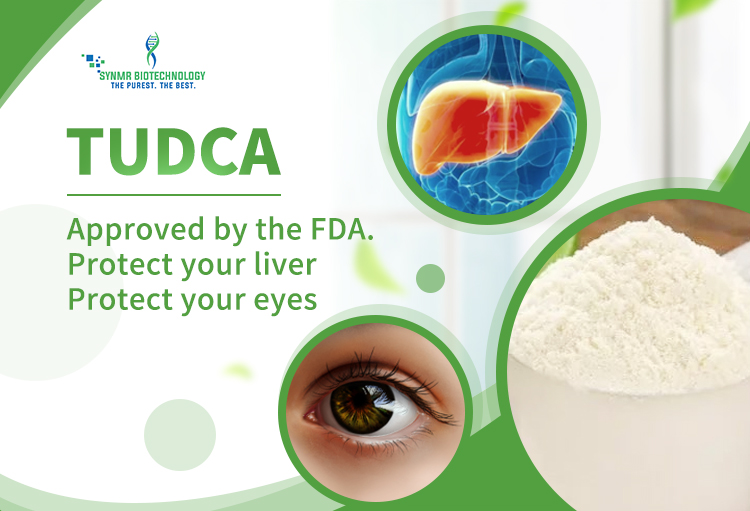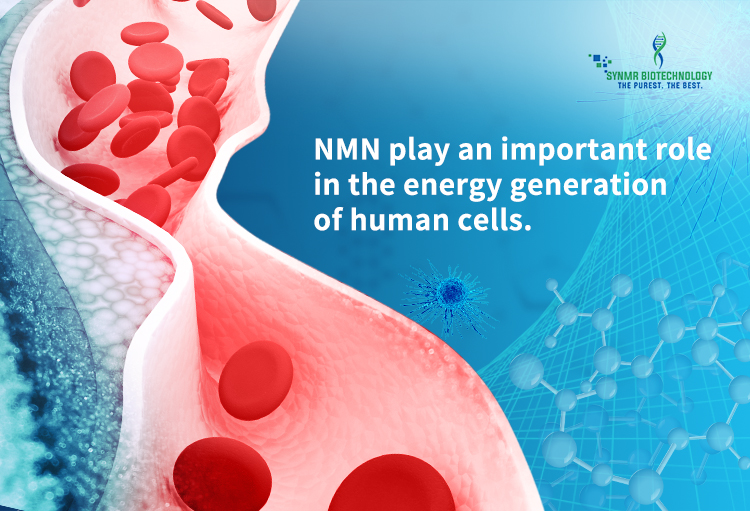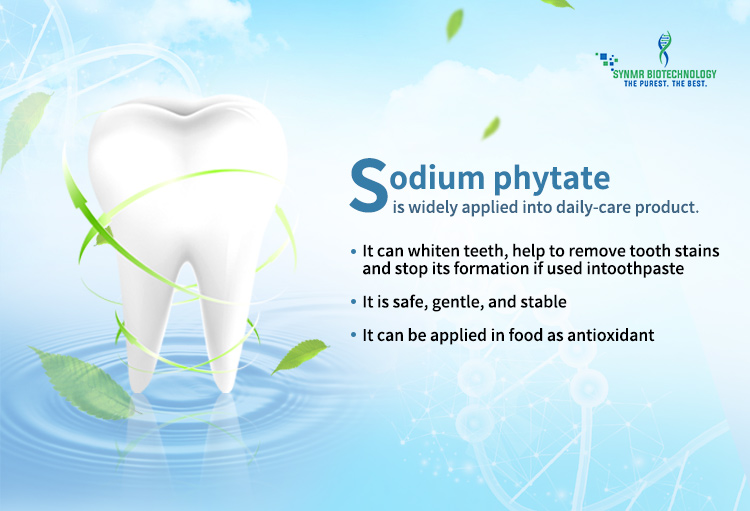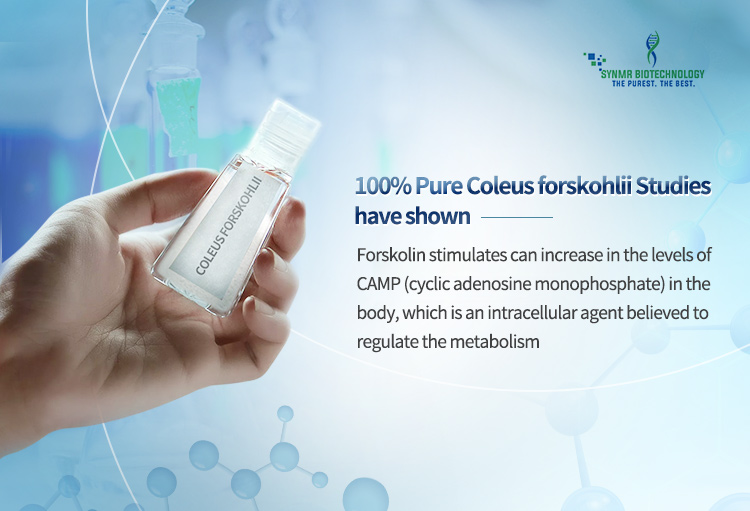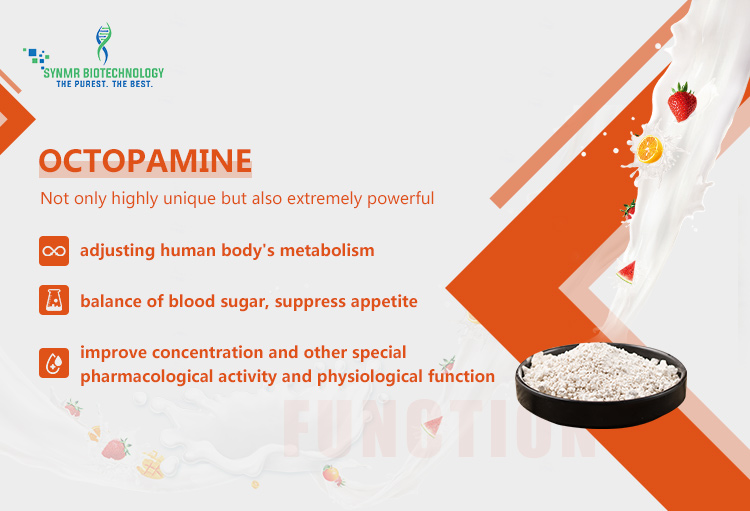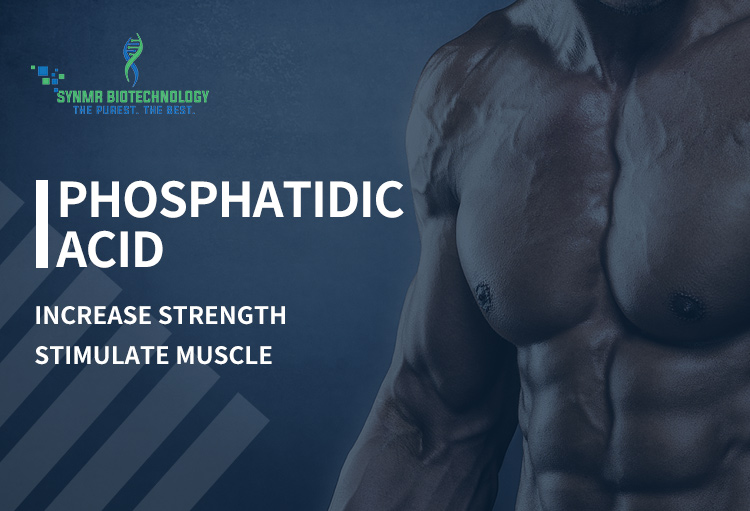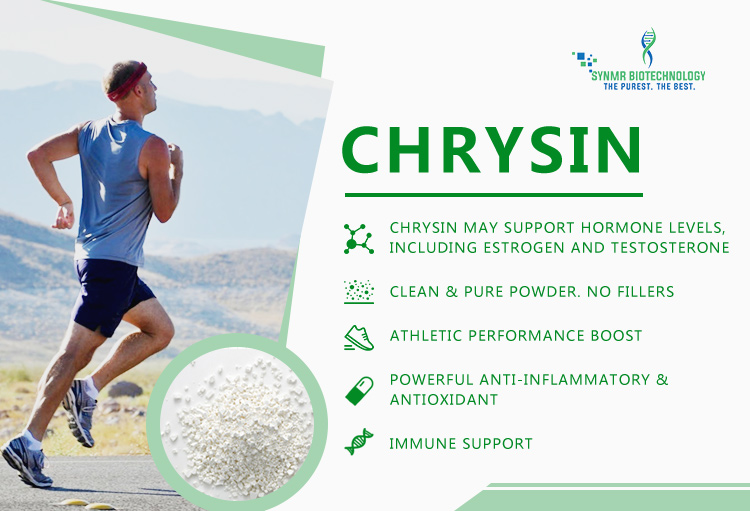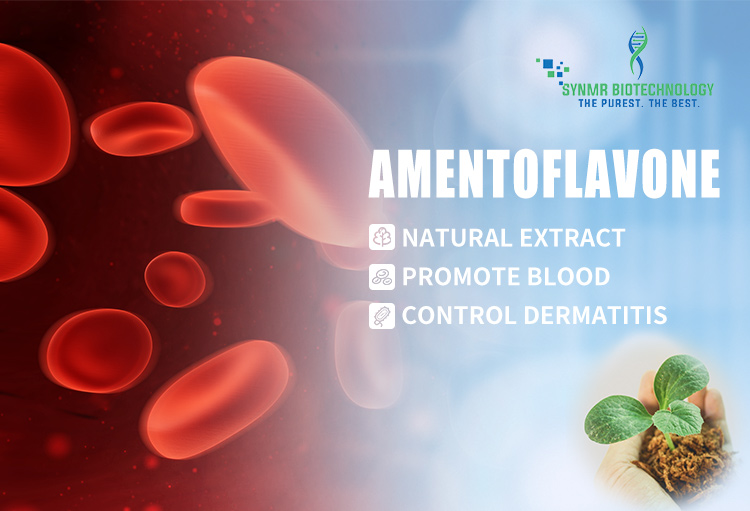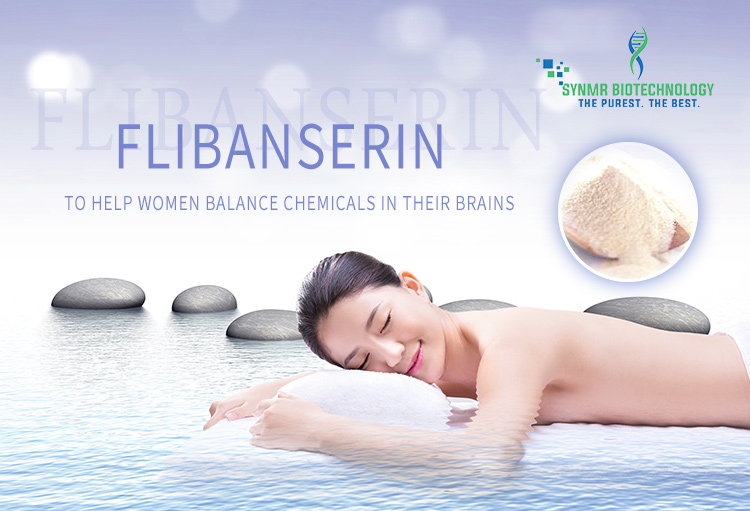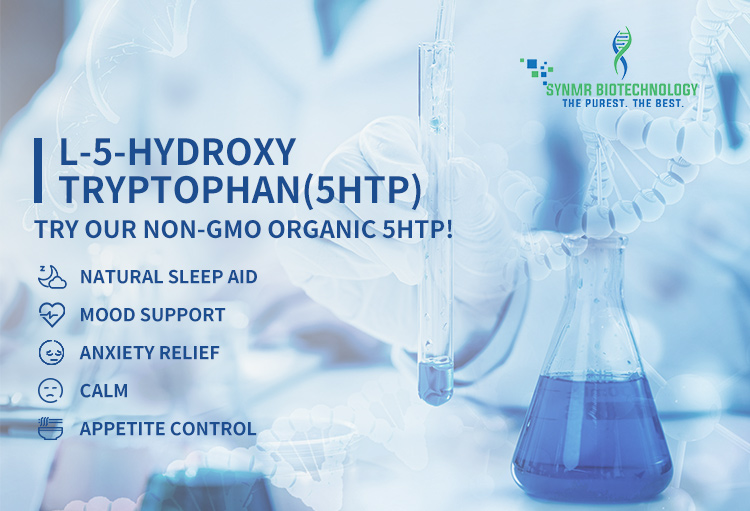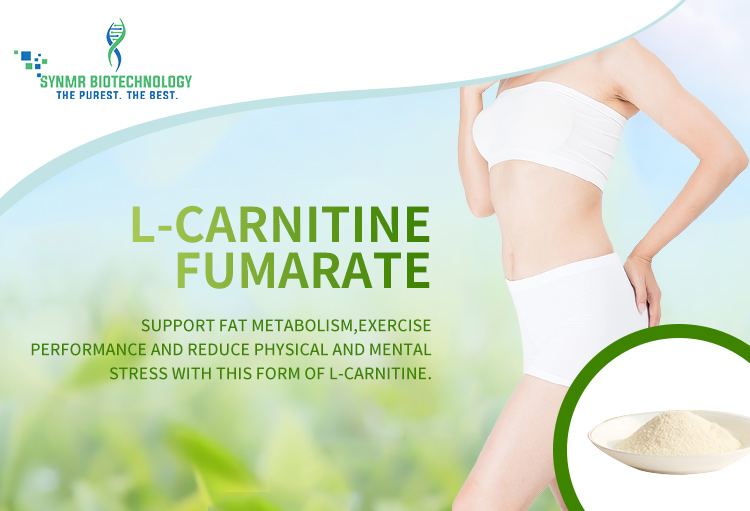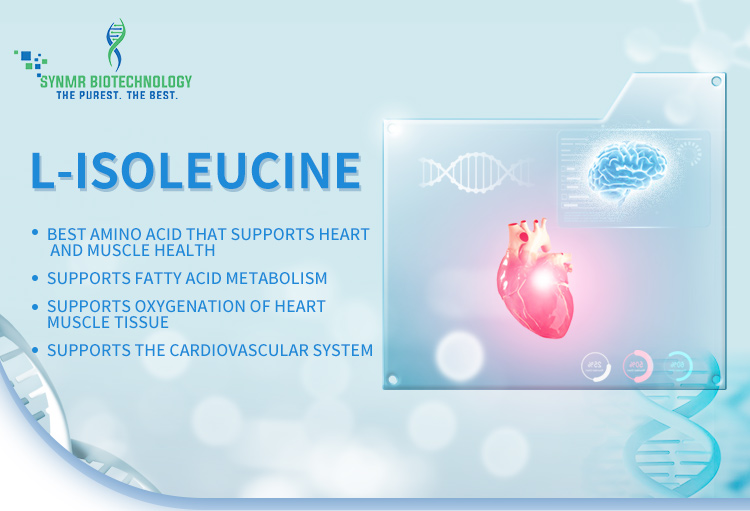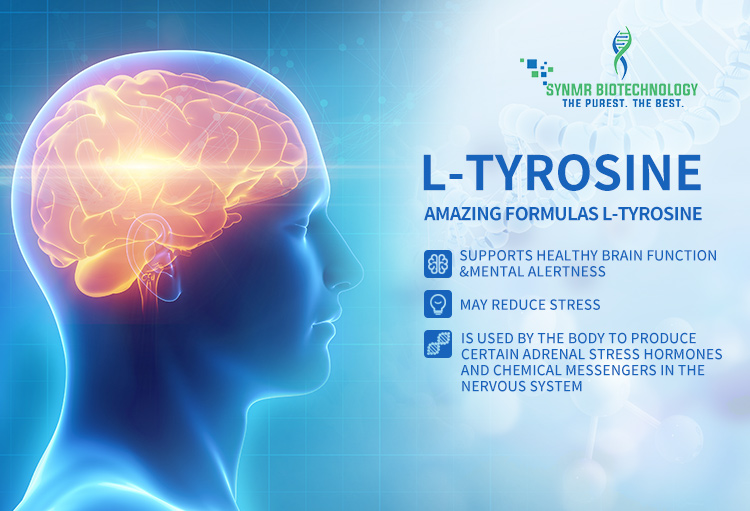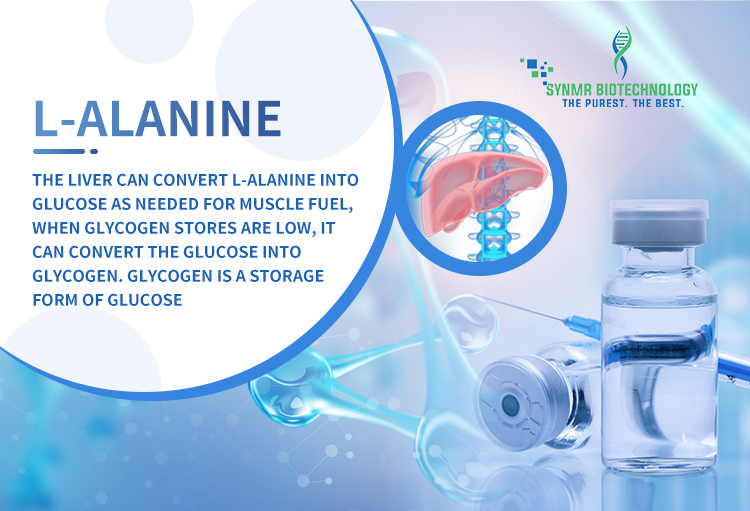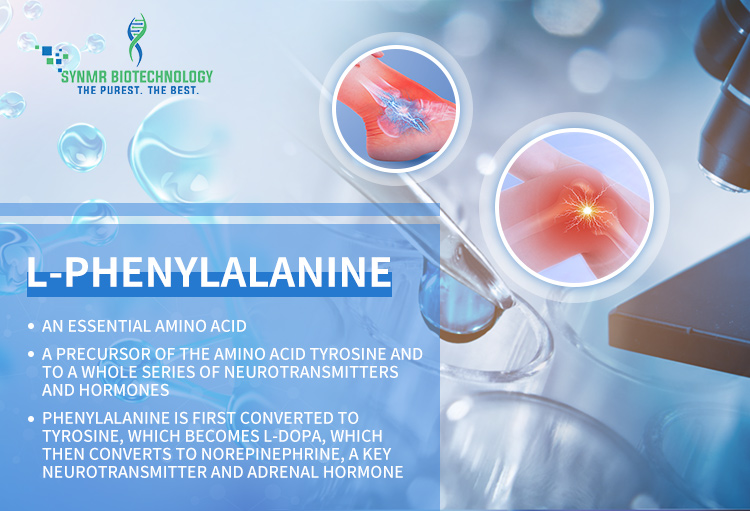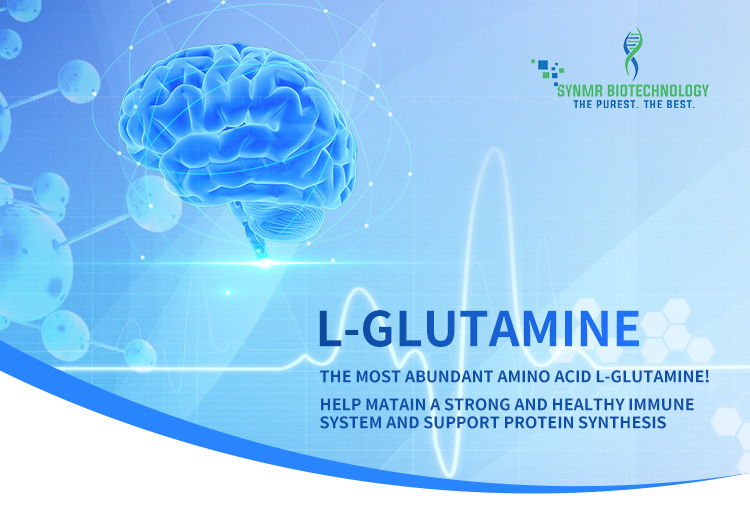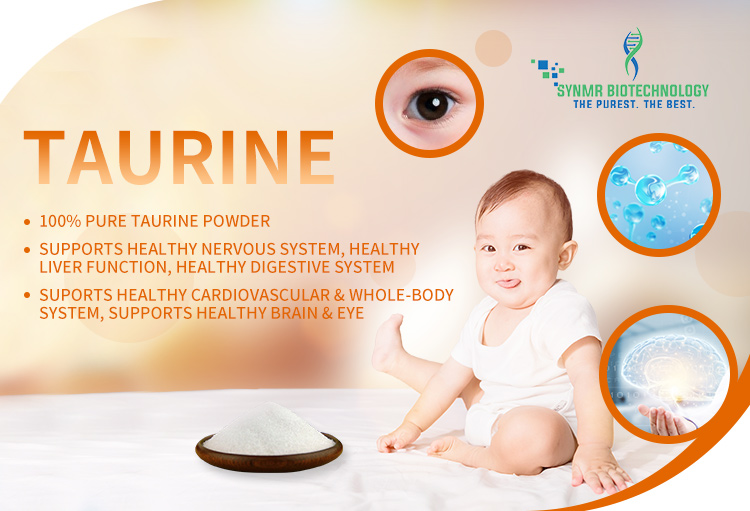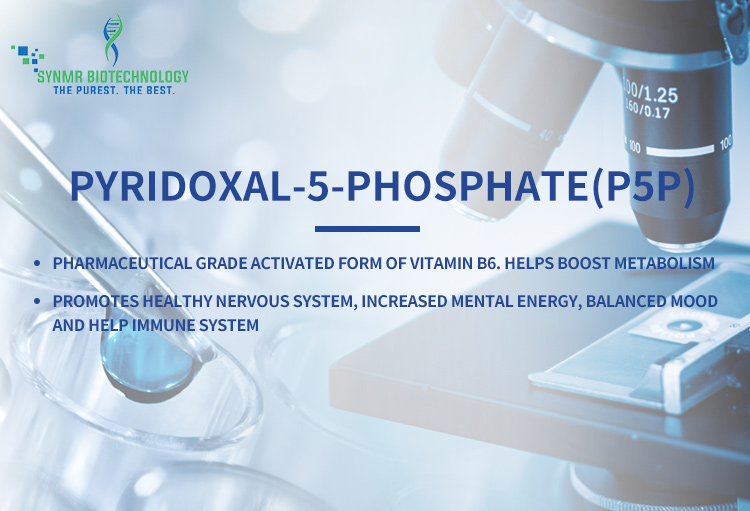What is Spermidine?
Spermidine is a polyamine compound that is found naturally in a wide range of organisms, including humans. It is derived from the amino acid ornithine and is an essential component of cellular metabolism. Spermidine is involved in various cellular processes, including cell growth, cell proliferation, DNA stabilization, and apoptosis (programmed cell death).
As we age, the levels of spermidine in our bodies tend to decrease, and this decline has been associated with various age-related diseases. Consequently, there has been growing interest in spermidine for its potential anti-aging and health-promoting effects. Research has suggested that spermidine may have the following benefits:
Autophagy Induction: Spermidine can stimulate autophagy, a cellular process that involves the degradation and recycling of cellular components, which is important for cellular renewal and homeostasis.
Longevity: Studies in model organisms have shown that spermidine supplementation can extend lifespan, although more research is needed to determine if these effects translate to humans.
Cardiovascular Health: Spermidine may have cardioprotective effects, potentially reducing the risk of cardiovascular disease.
Neuroprotection: There is some evidence to suggest that spermidine could have a protective effect on the brain, potentially reducing the risk of neurodegenerative diseases.
Spermidine is found in a variety of foods, with higher concentrations in aged cheese, mushrooms, soy products, legumes, corn, and whole grains.
What For Is Spermidine Useful?
Spermidine has been associated with a variety of potential health benefits, largely due to its role in cellular processes. Some of the areas where spermidine may be useful include:
Cellular Autophagy: Spermidine is known to induce autophagy, a cellular process where cells break down and recycle their own components. This process is important for cellular rejuvenation, homeostasis, and survival under stress conditions.
Longevity: Research suggests that spermidine may have life-extending properties. It has been observed to increase lifespan in yeast, worms, flies, and mice. The potential for spermidine to contribute to human longevity is a subject of ongoing research.
Cardiovascular Health: Some studies suggest that spermidine may help in reducing blood pressure and improving heart function, which could be beneficial for cardiovascular health.
Neuroprotection: There is some evidence that spermidine may have neuroprotective effects, possibly contributing to the prevention of neurodegenerative diseases.
Immune Regulation: Spermidine may play a role in modulating the immune system, potentially aiding in the defense against certain infections and diseases.
Anti-Inflammatory Effects: Spermidine has been shown to have anti-inflammatory properties, which could be beneficial in reducing the risk of various chronic diseases.
Cognitive Function: Research indicates that spermidine may support cognitive function and may have a protective effect against age-related cognitive decline.


